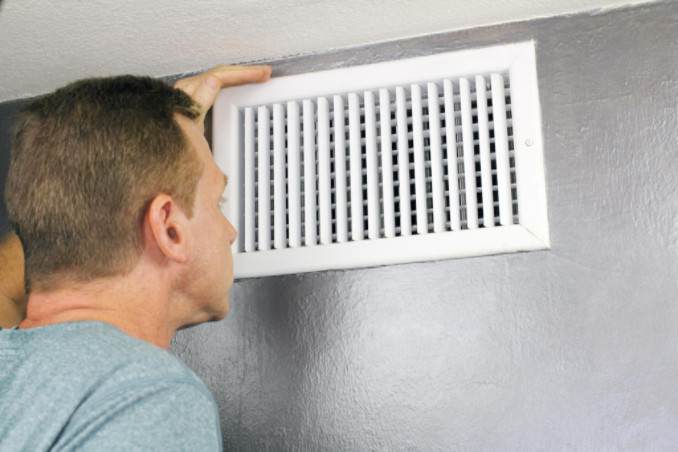It’s no secret that heating and cooling costs contribute to a large portion of the average home’s energy consumption. Understandably, you may be tired of dealing with high energy bills throughout the year, so your attention turns to saving money by making adjustments to your HVAC system.
There are several steps you can take to curb heating and cooling energy costs. One idea that may have crossed your mind is to close the air vents in rooms that you rarely use, such as a guest room or your kids’ rooms after they head off to college.
After all, why would you pay money to heat or cool these spaces if you rarely spend time in them?
This may sound like a reasonable idea, but it can actually backfire on you and result in significant expenses over time. Here’s how…
Understanding How Your HVAC Unit Works
HVAC units are available in different sizes and with different power capabilities. Generally, a unit is installed with the right power and size for the entire square footage of the home.
The system is also calibrated and balanced to operate with peak efficiency while heating and cooling the home evenly. This means that the ideal amount of air pressure is being used when all vents are open so that the system uses the lowest amount of energy possible.
Why Closing Air Vents Will Not Save You Money
When you close even one air vent in your home, you can disrupt the air pressure balance in the unit. Air pressure will build up, and this can cause unnecessary wear and tear on the unit’s components, resulting in the increased need for costly repairs over the years. The temperature in your home or office may also be thrown off-kilter, and your system may work overtime trying to compensate and maintain the desired temperature in your home.
The result is that your system may run longer or work harder because of the vent closure, and more energy rather than less will be consumed because of closing the vent. In addition to having potentially higher energy bills and more frequent repairs, you could also end up replacing the unit prematurely because of the increased use.
As you can see, closing even a single air vent can actually result in financial loss rather than savings.
Learning More Effective Ways to Reduce HVAC Energy Consumption
While closing your air vents may seem like a simple and easy solution, avoid it if you can. Here are some easy steps that you can take today that could produce the energy-savings results you desire.
- First, adjust your thermostat to a comfortable setting that is somewhat on the higher side in the summer and on the lower side during the winter. Just be sure to re-adjust your thermostat settings each season. Adjust your clothing while indoors if you get too warm or cold. (Follow the link for some other helpful tips on how to achieve your perfect temperature.)
- Second, turn on your ceiling fans throughout the home. Ceiling fans do use energy themselves, but they also promote ideal air flow throughout the home to help your HVAC system work more efficiently.
- Third, re-seal doors and windows each year. These seals can deteriorate over time, resulting in significant energy loss. This is a simple do-it-yourself task that can easily be tackled as a weekend maintenance project.
Having your HVAC system professionally serviced by a licensed technician can also help your system to function more efficiently for energy savings.
Heating and cooling unused or rarely used rooms in the house seems like a smart idea at first glance; however, after considering your system’s functionality, you can see that this idea can backfire in several ways.
While this may not be an effective way to save money on heating and cooling costs throughout the year, keep in mind the many other methods of lowering energy use. You can easily apply these methods to your energy-saving efforts today to enjoy better results on your bills in the months to come.

